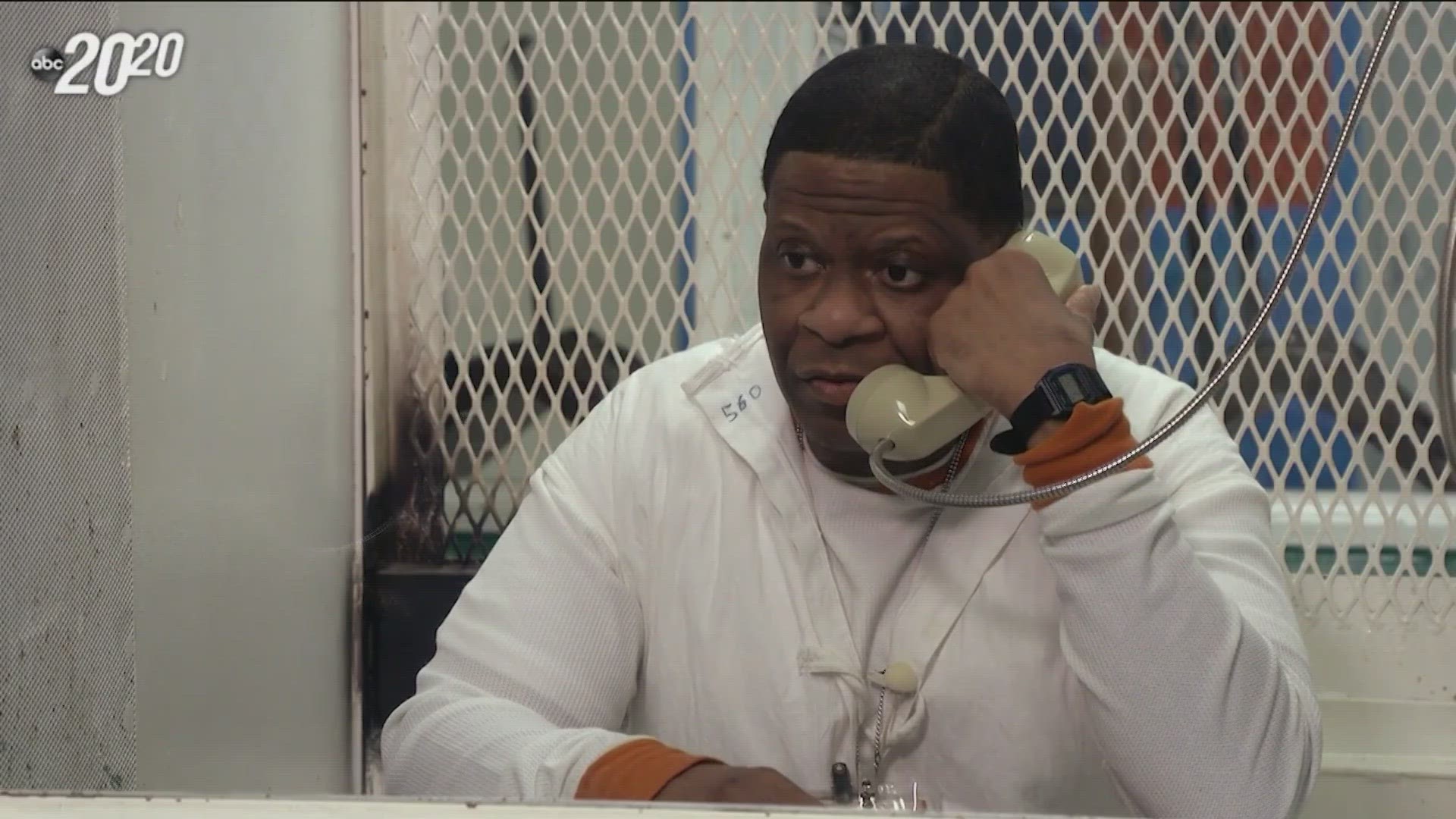WASHINGTON — The U.S. Supreme Court (SCOTUS) says that Texas death row inmate Rodney Reed may seek post-conviction DNA evidence to try to prove his innocence.
Reed is accused of murdering Stacey Stites in Bastrop County in 1996. Two years later, he was convicted of Stites's abduction, rape and murder. For decades, Reed has maintained his innocence.
Days before Reed was set to be executed in 2019, he was granted a stay. In 2021, a judge recommended that the Court of Criminal Appeals deny granting Reed a new trial.
In October 2022, a lawyer for Reed argued before the SCOTUS to revive a lawsuit that could force DNA testing of crime scene evidence. The SCOTUS was tasked with figuring out when the State of Texas' two-year statue of limitations on pursuing federal civil rights claims starts.
Reed's lawyers argued before the SCOTUS that it makes little sense to adopt the State's assumption that the time begins when a trial court denies testing, as that rule could be changed on appeal.
The Texas 5th Circuit Court of Appeals had ruled that Reed filed his challenge to Texas law governing DNA testing too late. But in an April 19 ruling, the SCOTUS disagreed, saying that Reed can go to a federal court to make his claim.
The ruling was 6-3, with Justices Clarence Thomas, Samuel Alito and Neil Gorsuch dissenting. Justice Brett Kavanaugh delivered the court opinion.
In his opinion, Kavanaugh said the SCOTUS agreed to hear the case because federal appeals courts have disagreed about when the statute of limitations begins for a suit regarding post-conviction DNA testing procedures.
Kavanaugh wrote that Reed could claim after the appeals court ultimately denied his request for rehearing. He also wrote that "significant system benefits ensue from starting the statute of limitations clock when the state litigation in DNA testing cases like Reed's has concluded" and "if any due process flaws lurk in the DNA testing law, the state appellate process may cure those flaws, thereby rendering a federal ... suit unnecessary."
Below is some of KVUE's most recent coverage of Reed's case:

